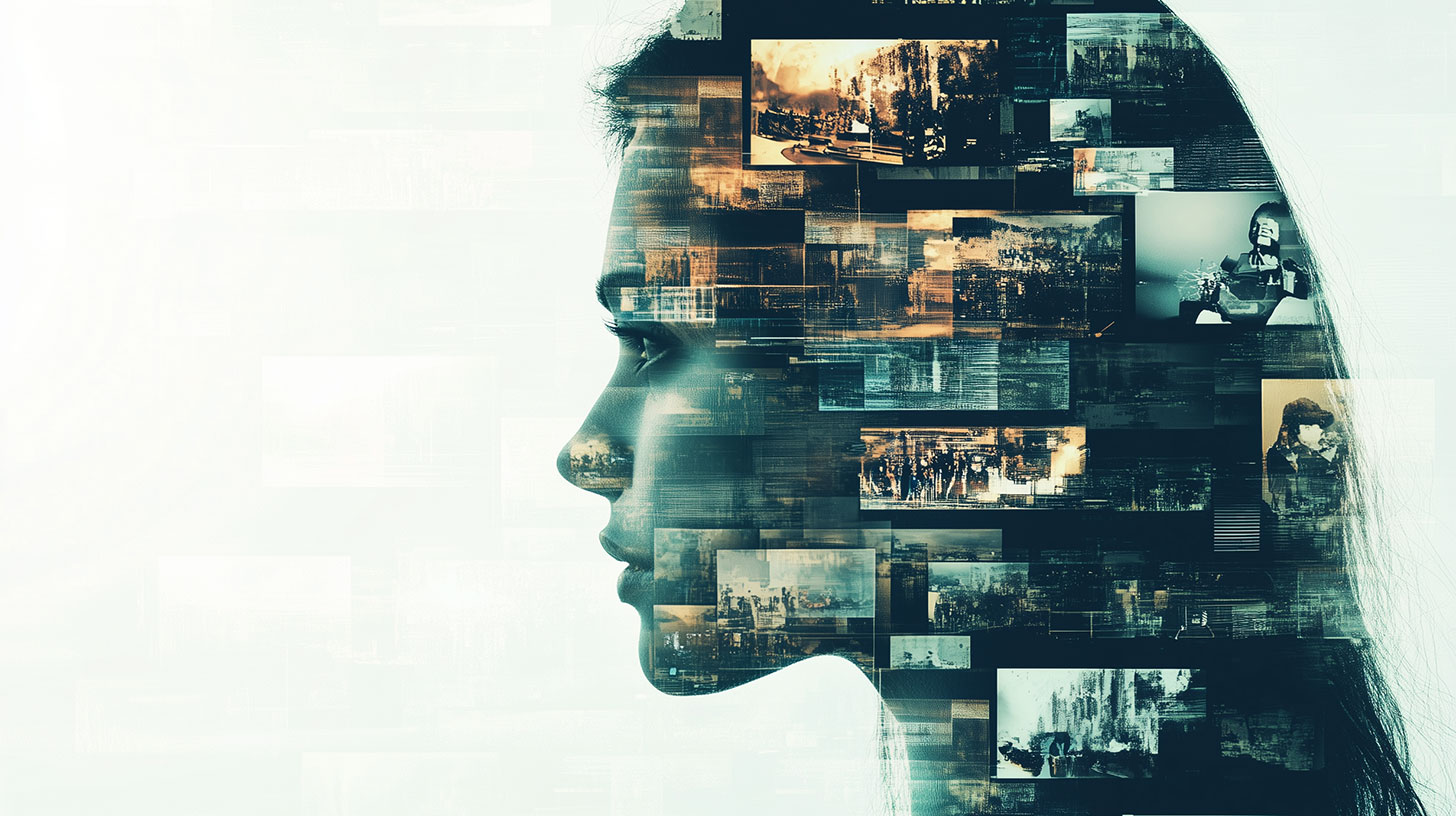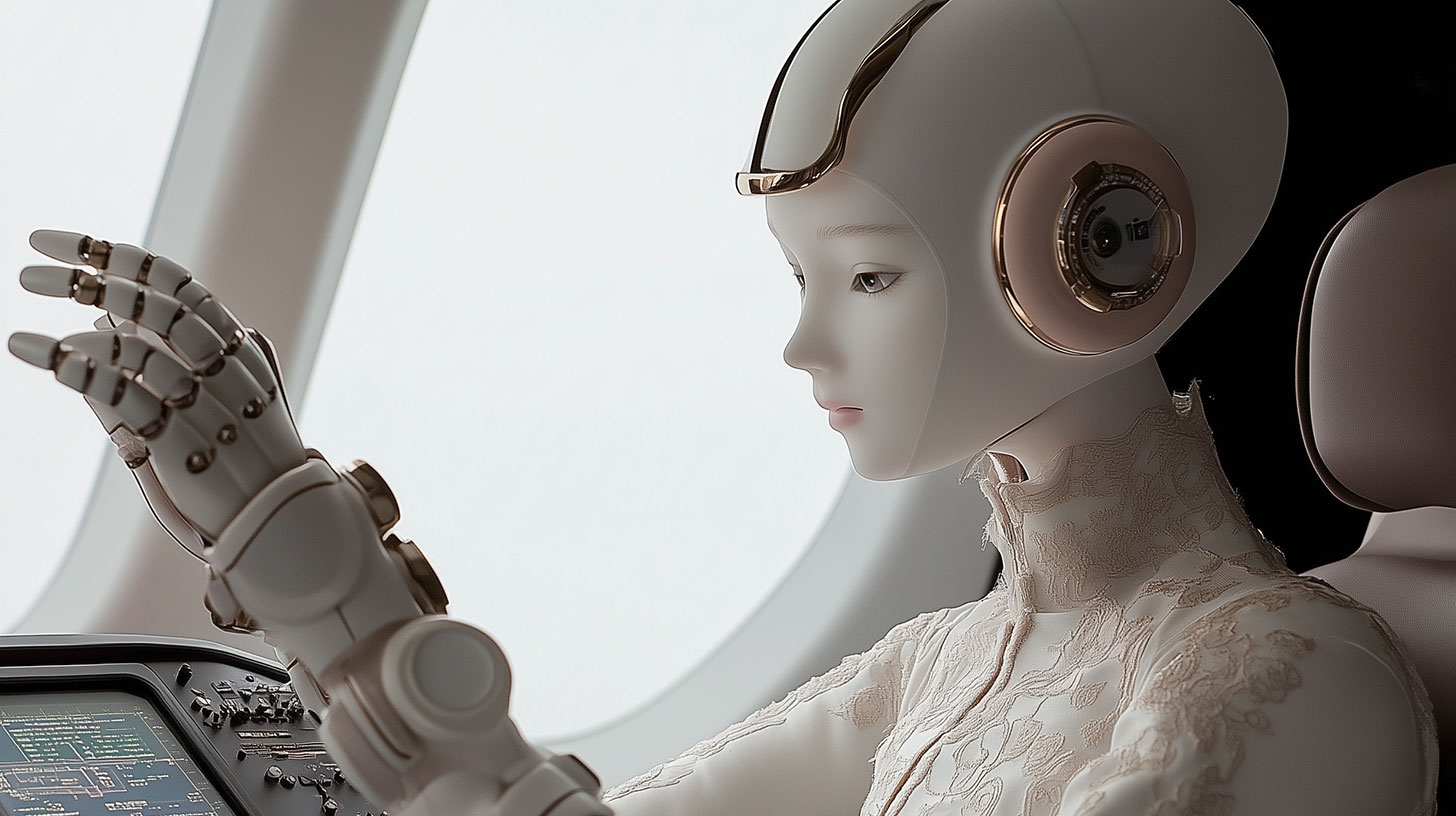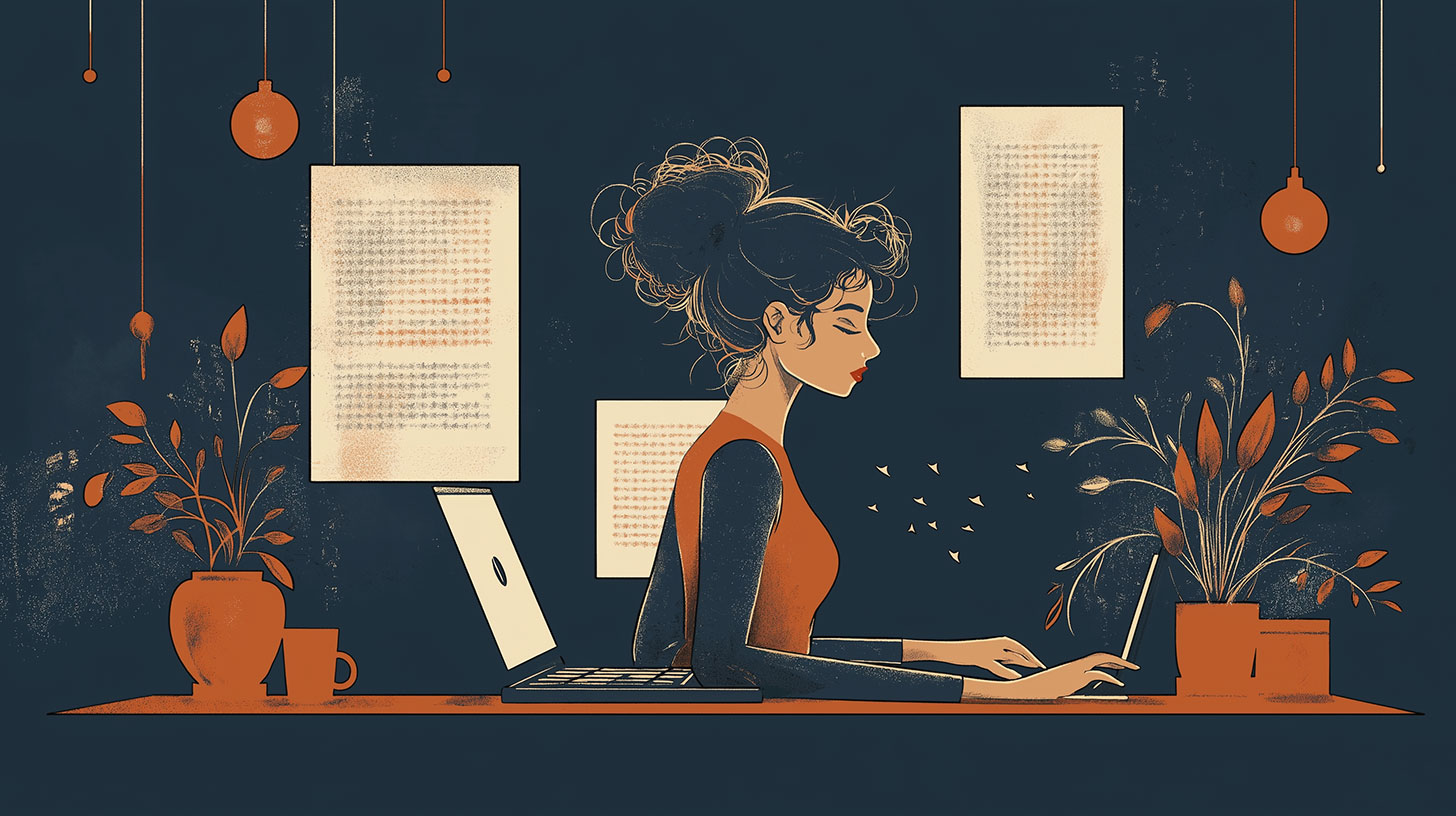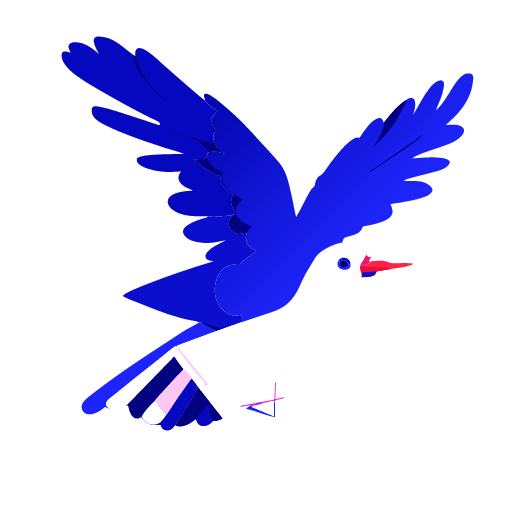Artificial intelligence (AI) has significantly transformed video creation, introducing innovative models that streamline and enhance the production process. Recent advancements have led to the development of sophisticated AI models capable of generating high-quality videos from textual descriptions, images, or existing footage. This article explores the latest developments in AI-driven video creation, highlighting specific models, their applications, and future projections.
Emergence of Advanced AI Video Generation Models
In February 2024, OpenAI unveiled “Sora,” a text-to-video model that generates videos based on descriptive prompts and extends existing footage. Sora can produce videos up to 1920×1080 resolution, showcasing its potential in creating realistic and coherent video content. The model employs diffusion techniques to transform static noise into detailed videos, marking a significant leap in AI video generation capabilities.
Google DeepMind introduced “Veo,” an AI model capable of generating high-quality, 1080p resolution videos exceeding one minute in length. Veo supports a wide range of cinematic and visual styles, offering versatility for creators seeking diverse video outputs.
Runway’s “Gen-2” is a multimodal AI system that generates novel videos using text, images, or video clips. Building upon its predecessor, Gen-2 provides enhanced video generation capabilities, allowing users to create unique videos tailored to specific prompts.
Luma Labs’ “Dream Machine” is an AI model designed to produce high-quality, realistic videos swiftly from text and images. Trained directly on videos, Dream Machine excels in generating physically accurate and consistent shots, making it a valuable tool for creators aiming for realism in their content.
InVideo AI offers a user-friendly platform that generates videos from simple text prompts. It automatically writes scripts, adds visuals, voiceovers, subtitles, and music, enabling users to create publish-ready videos without prior video creation skills.
Hailuo AI provides an innovative video generator that transforms ideas into stunning AI videos. It utilizes cutting-edge AI-powered technology to create captivating visuals efficiently, allowing users to unleash their creativity with ease.
Kling AI, developed by Kuaishou, is a powerful AI video generator that brings text prompts to life with realistic visuals. It excels at depicting complex movements and interactions between objects, creating high-quality videos up to two minutes long in 1080p resolution.
Integration of AI in Entertainment and Media
The entertainment industry has begun integrating AI into content creation processes. In November 2024, a new AI-focused entertainment studio named Promise received backing from media executive Peter Chernin and venture capital firm Andreessen Horowitz. Promise plans to utilize generative AI tools throughout its operations, from conceptualization to production, aiming to produce interactive content alongside traditional shows and movies within three years. This initiative reflects a growing trend of incorporating AI into mainstream media production.
TikTok launched “Symphony Creative Studios,” an AI-powered video creation platform for advertisers. This platform enables businesses, creators, and agencies to produce customized, high-quality content tailored to their brands. Features include converting text inputs into videos, generating editable previews, remixing content, creating digital avatars, and offering translation services. This development underscores the increasing adoption of AI in social media and advertising sectors.
Advancements in AI Hardware for Video Generation
The hardware supporting AI video generation has also seen significant advancements. In November 2024, Silicon Valley startup d-Matrix, backed by Microsoft, announced the launch of its first AI chip designed for applications such as chatbots and video generators. This chip is optimized for managing simultaneous requests on a single chip, enhancing efficiency in applications like video generation where multiple users interact with the system.
Ethical Considerations and Industry Perspectives
The integration of AI in video creation has sparked discussions about its impact on the film industry. Actor and filmmaker Ben Affleck expressed skepticism about AI replacing human creativity in filmmaking. He emphasized that while AI can handle laborious tasks and potentially lower production costs, it lacks the nuanced understanding required for quality art and performances. Affleck views AI as a tool to assist rather than replace human creativity, highlighting the importance of ethical considerations in AI adoption.
Future Projections in AI Video Creation
The future of AI in video creation holds promising developments. Experts predict that AI will continue to enhance content personalization, enabling creators to tailor videos to specific audiences more effectively. The integration of AI in live social media shopping is expected to grow, allowing users to purchase items directly from platforms like TikTok and Instagram. This trend has already gained traction in markets like China and is anticipated to expand globally.
Additionally, AI advancements are likely to democratize filmmaking by providing accessible tools for creators with limited resources. As AI models become more sophisticated, they can assist in various aspects of production, from scriptwriting to editing, making high-quality video creation more attainable for a broader audience.
However, the rise of AI-generated content also presents challenges, particularly concerning authenticity and misinformation. The proliferation of deepfakes and AI-generated videos necessitates the development of detection technologies and ethical guidelines to ensure responsible use. Balancing innovation with ethical considerations will be crucial as AI continues to evolve in the video creation landscape.
Bottom line
The landscape of video creation is undergoing a transformative shift with the integration of AI technologies. Models like OpenAI’s Sora, Google DeepMind’s Veo, Runway’s Gen-2, Luma Labs’ Dream Machine, InVideo AI, Hailuo AI, and Kling AI exemplify the advancements in AI-driven video generation. These developments offer new possibilities for content creators, advertisers, and the entertainment industry, enabling the production of high-quality, personalized, and efficient video content.
As AI continues to evolve, it is poised to play an increasingly integral role in video creation, offering tools that enhance creativity and streamline production processes. However, it is essential to navigate the ethical considerations and potential challenges associated with AI-generated content to ensure its responsible and beneficial integration into the creative industries.




